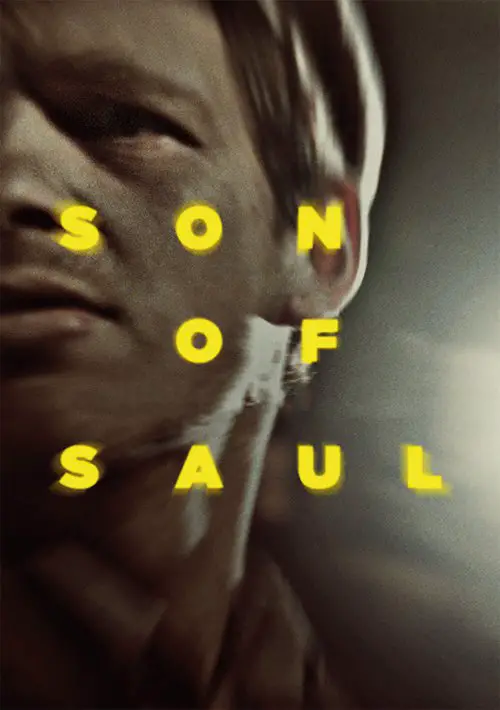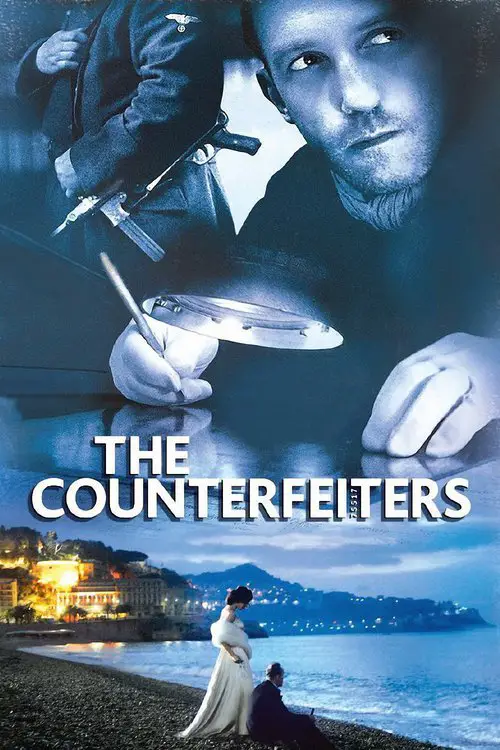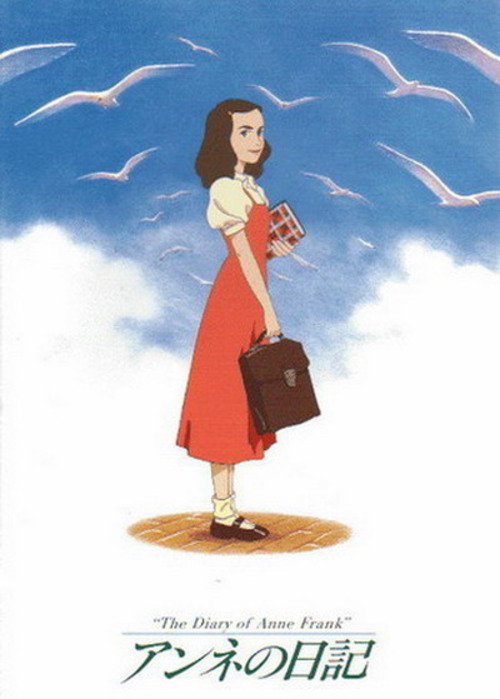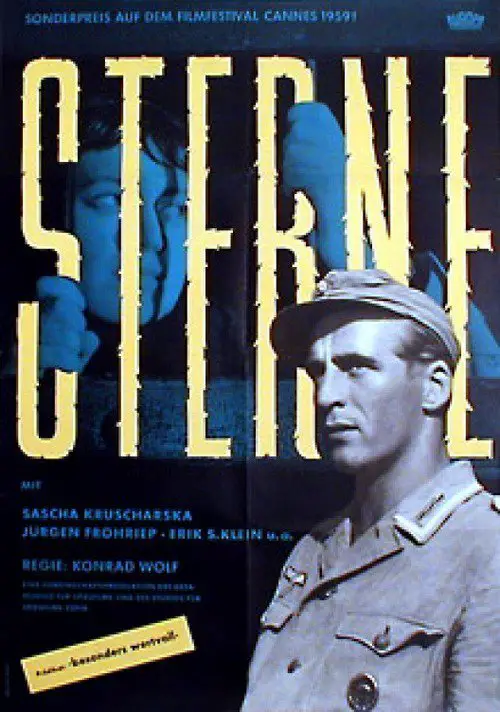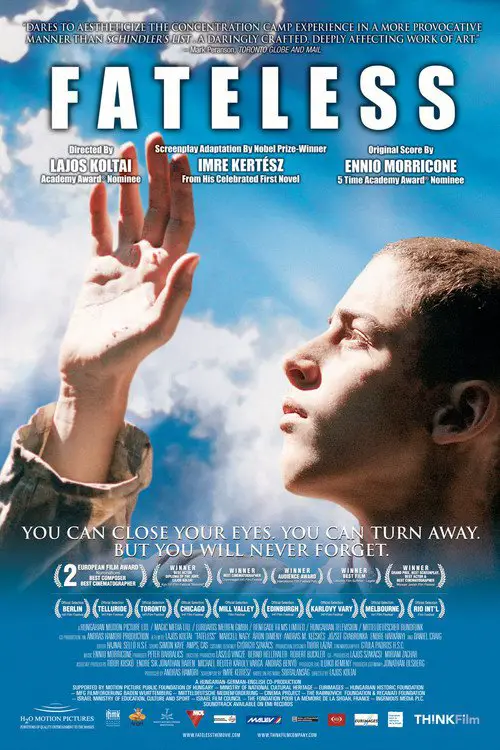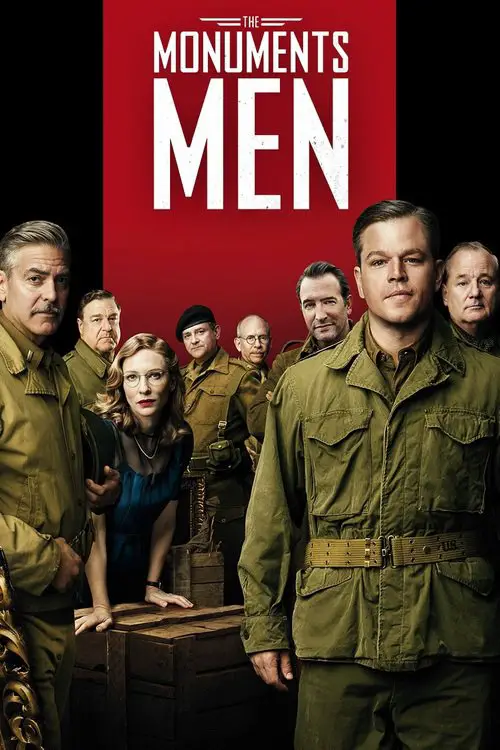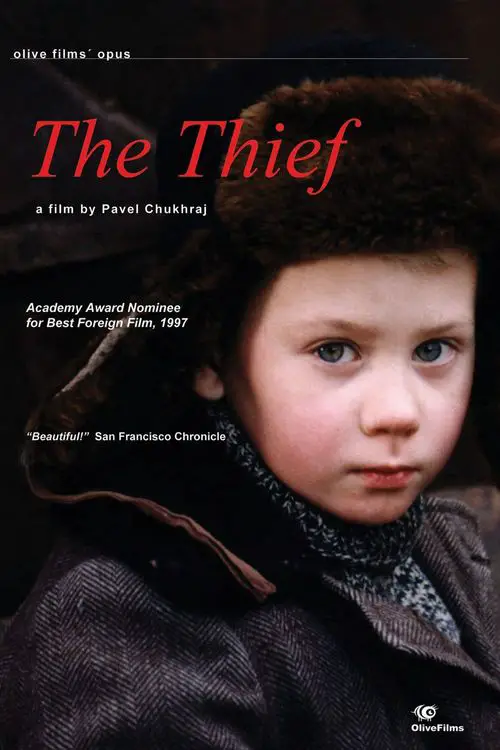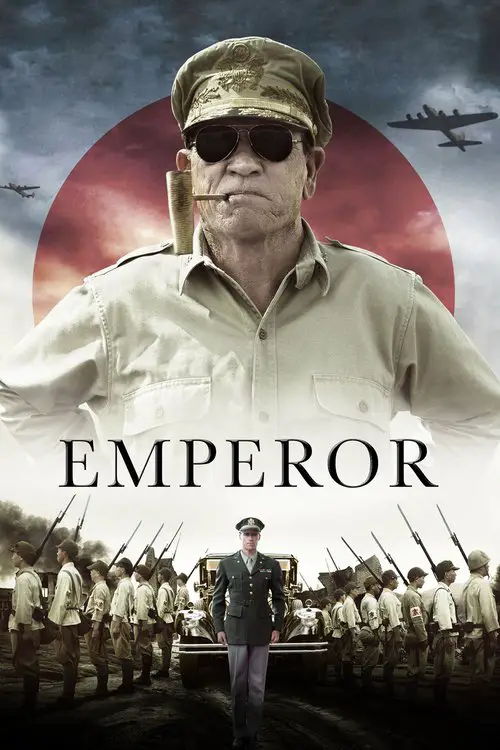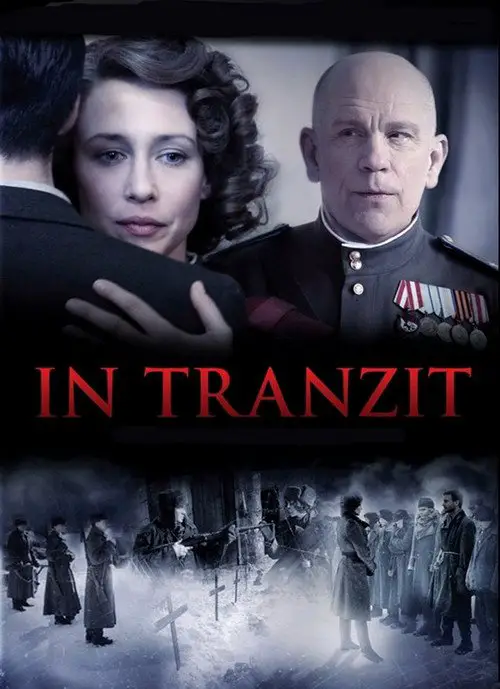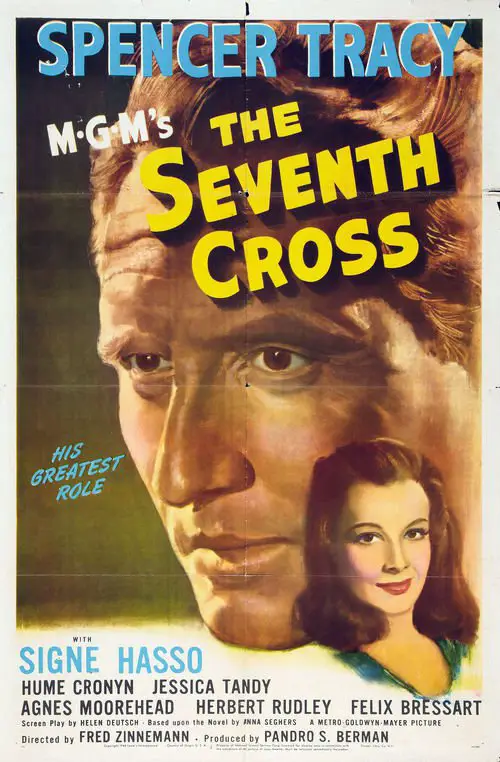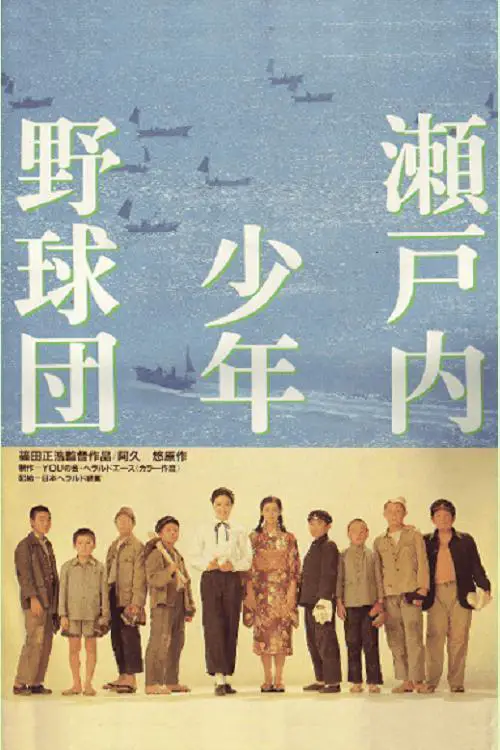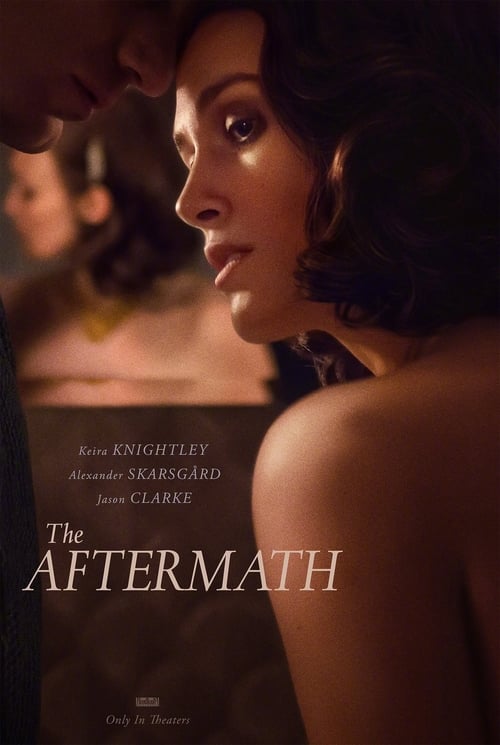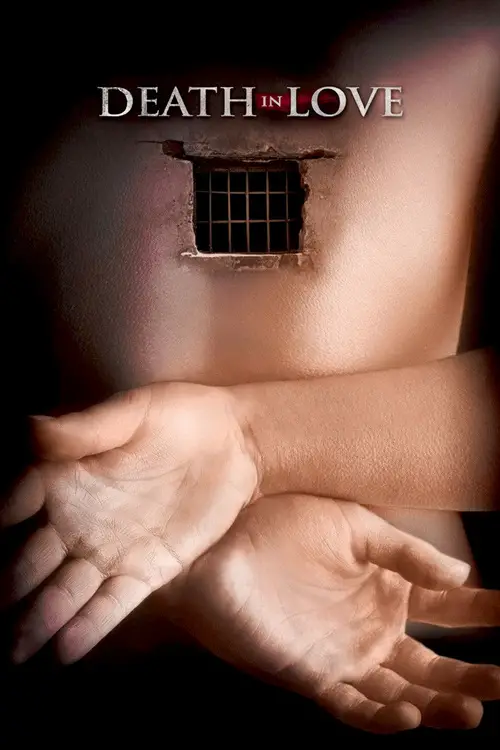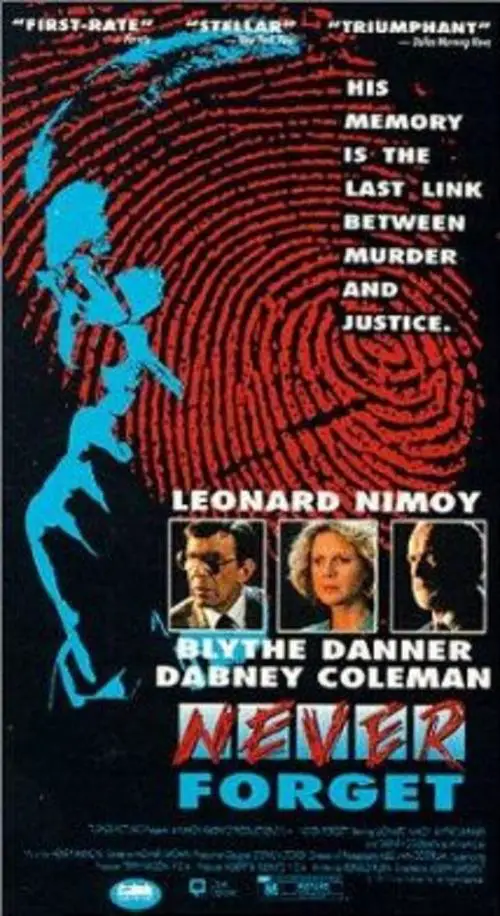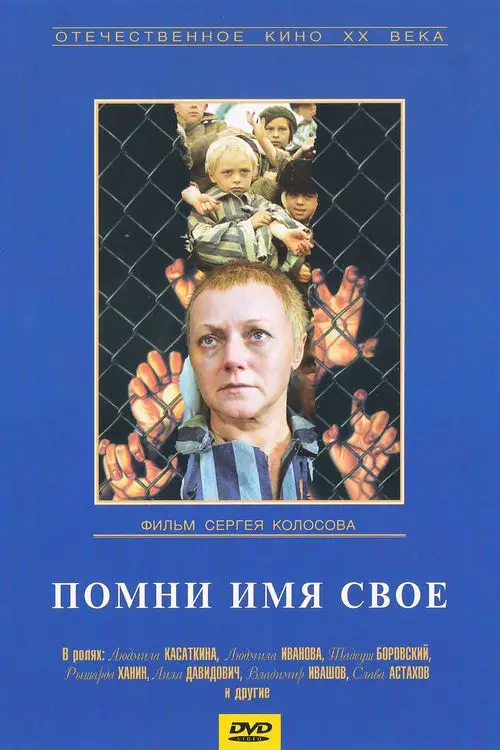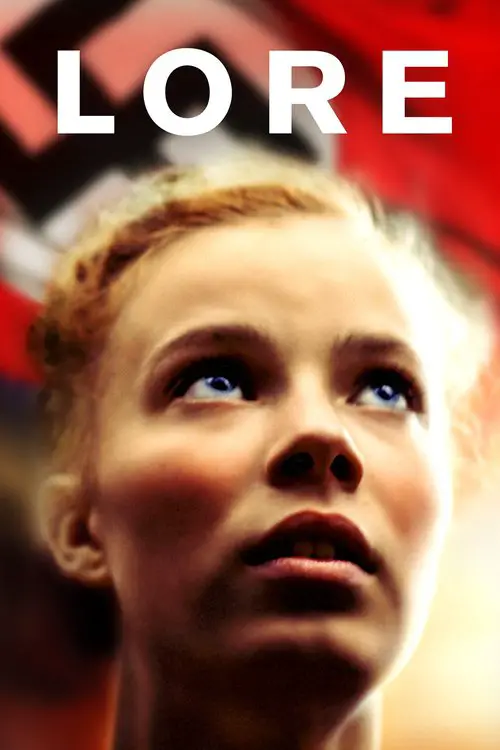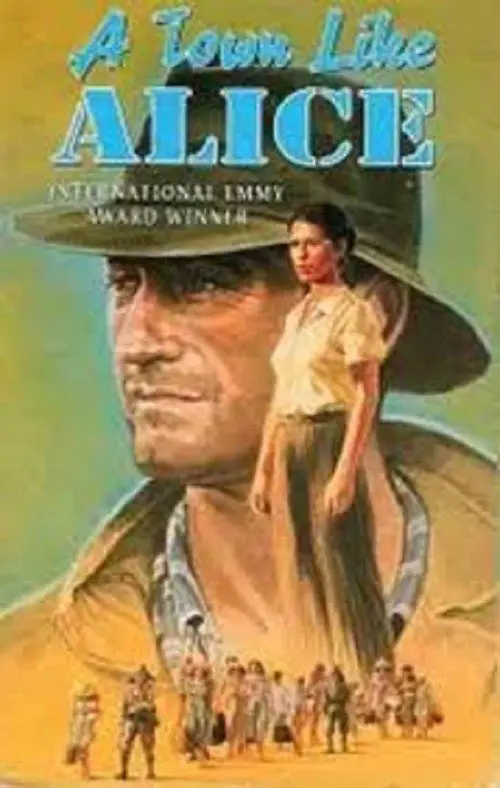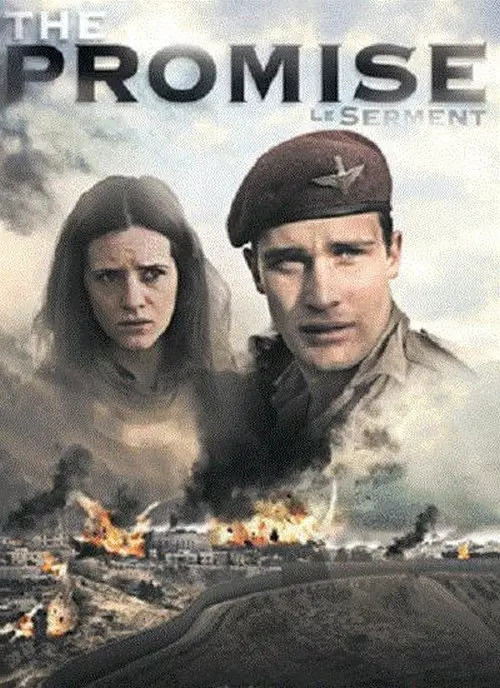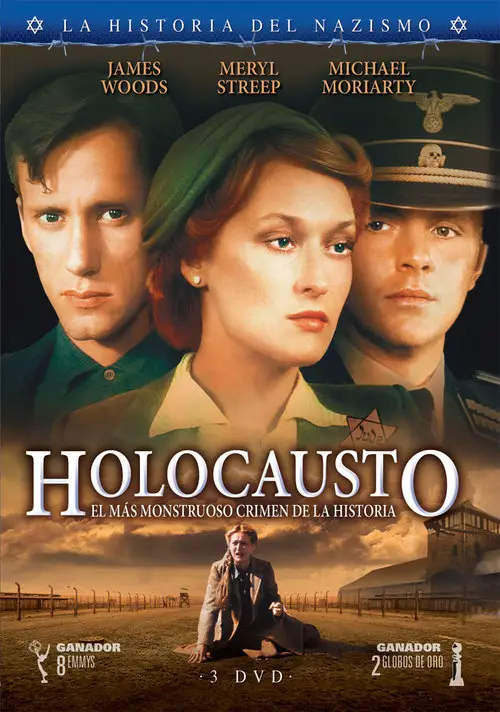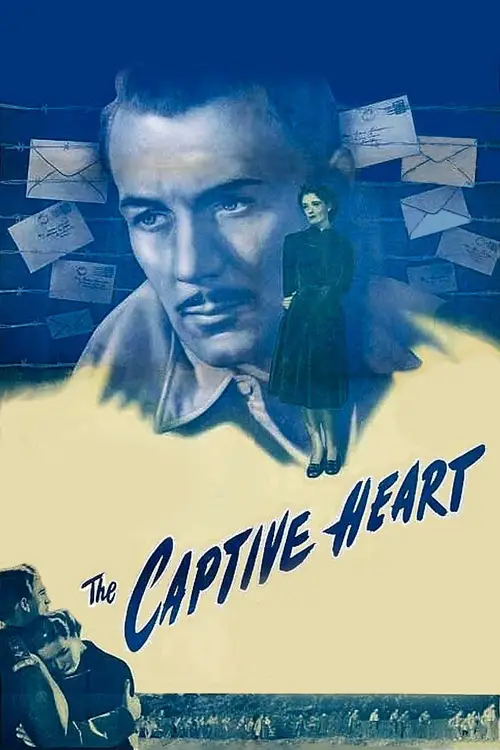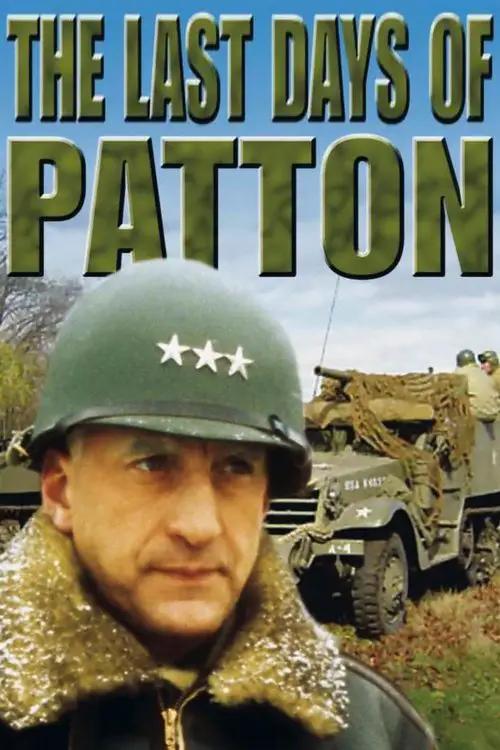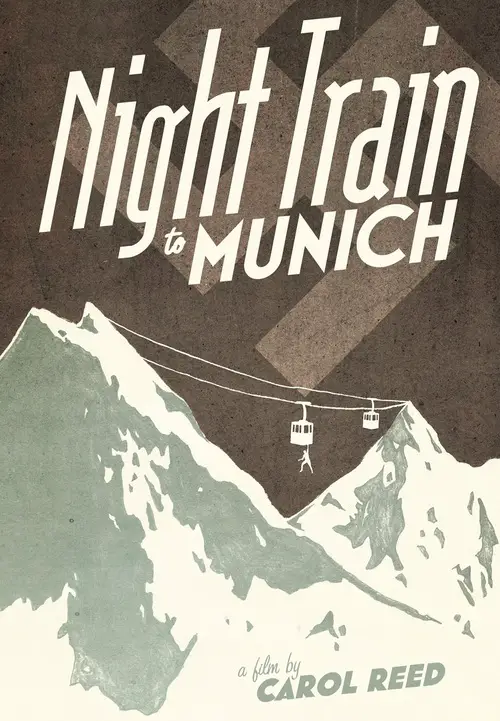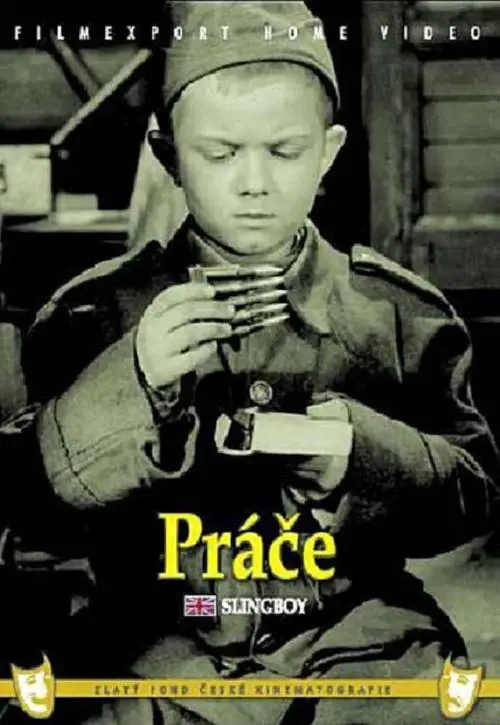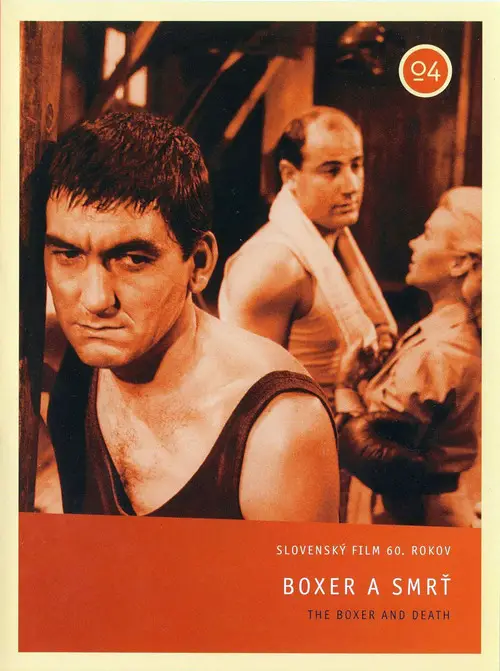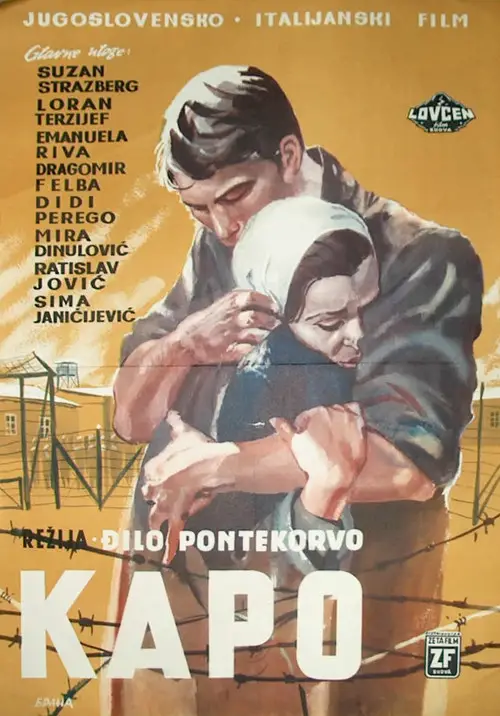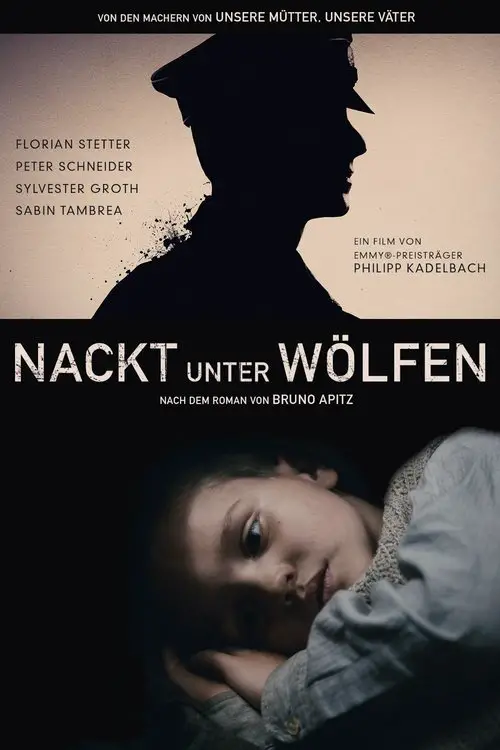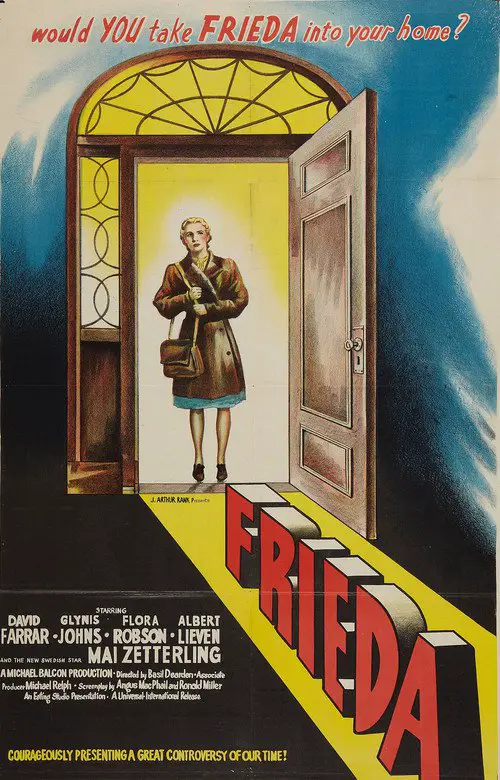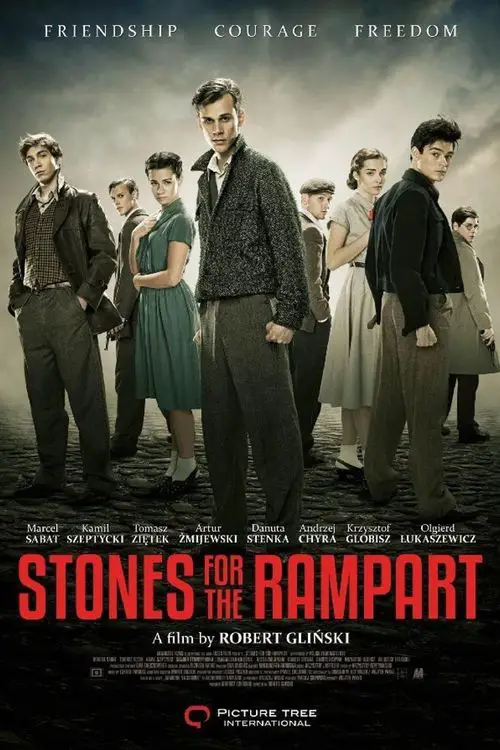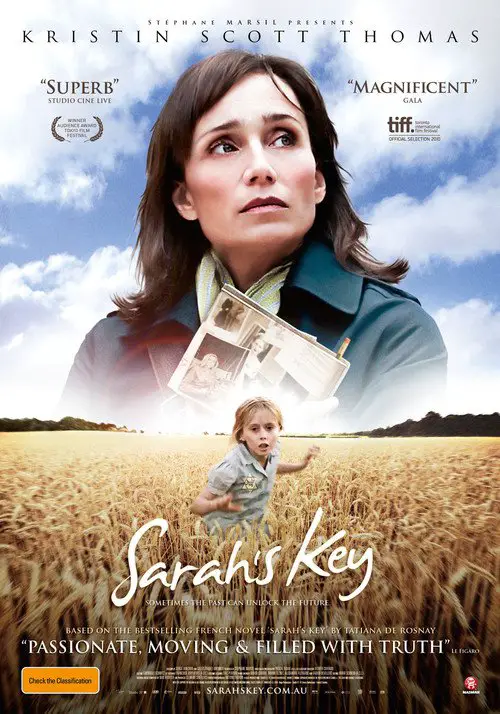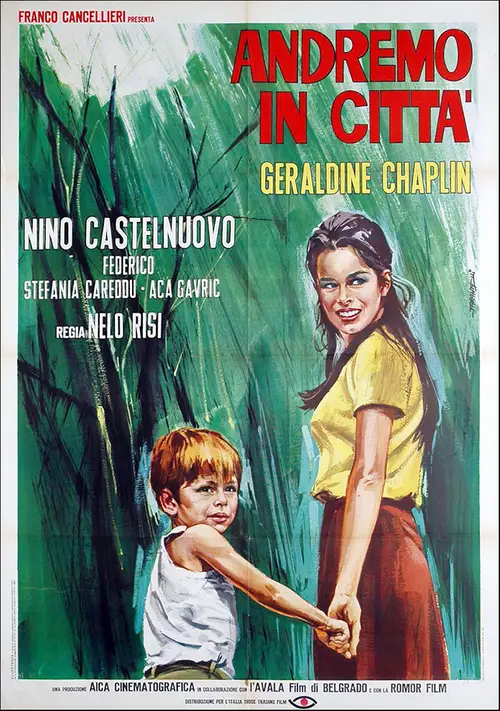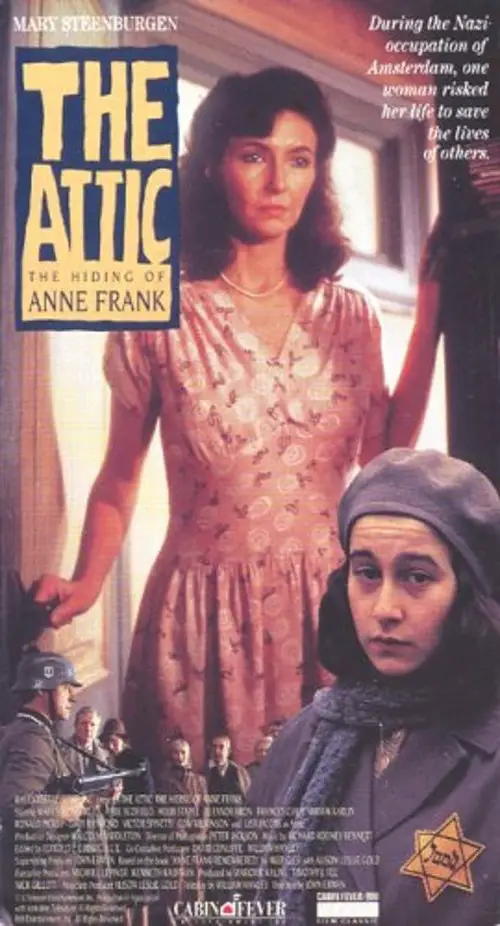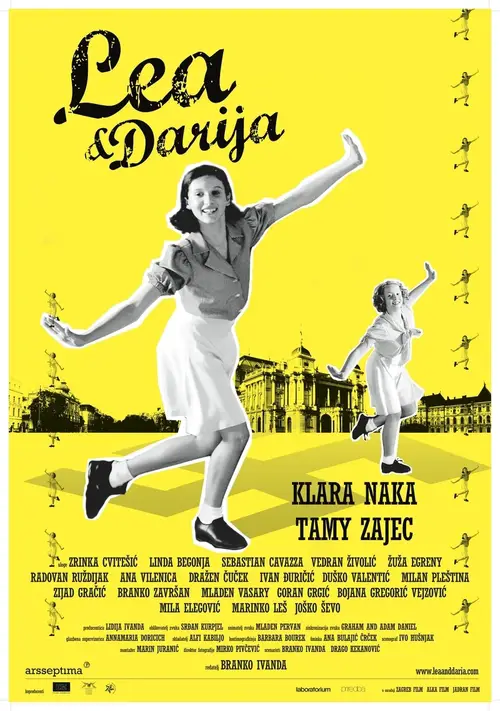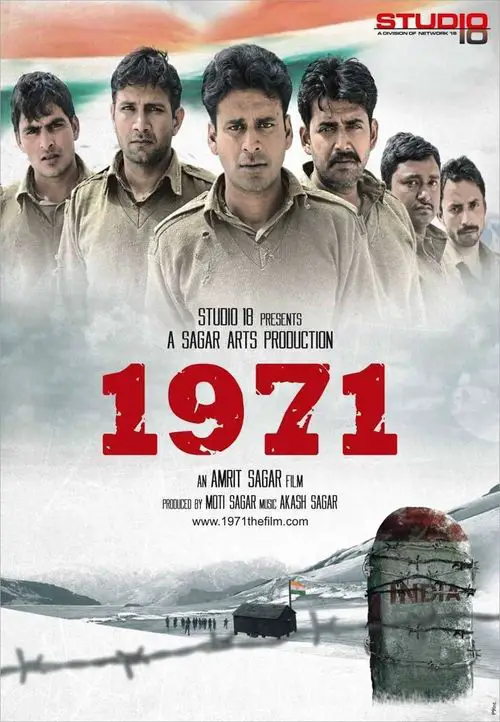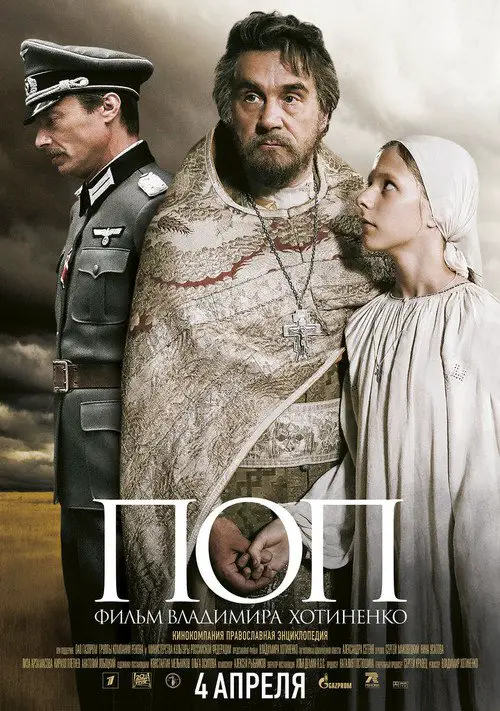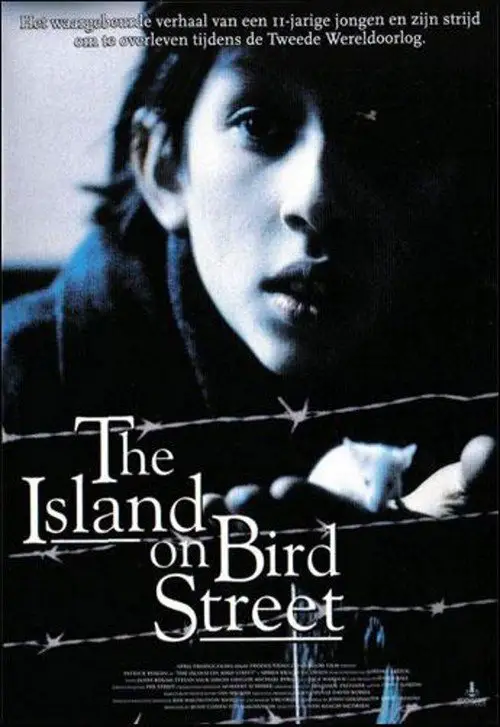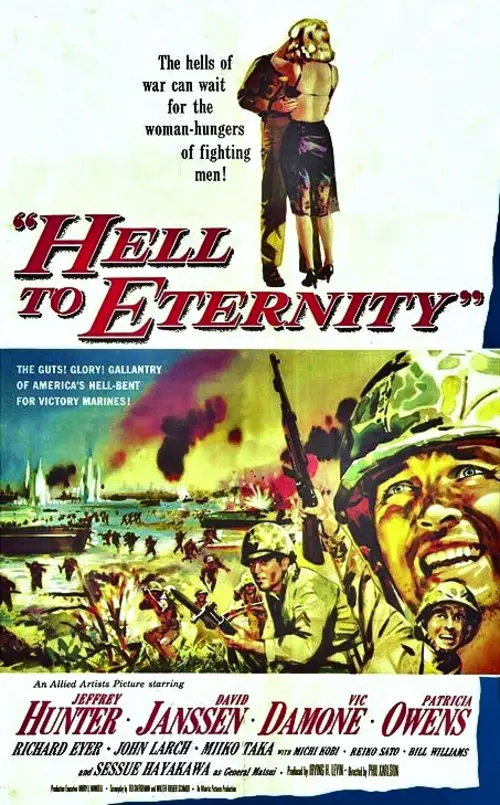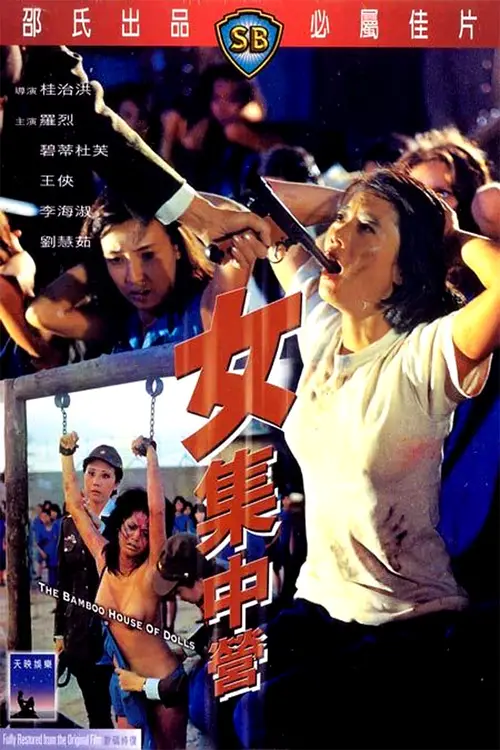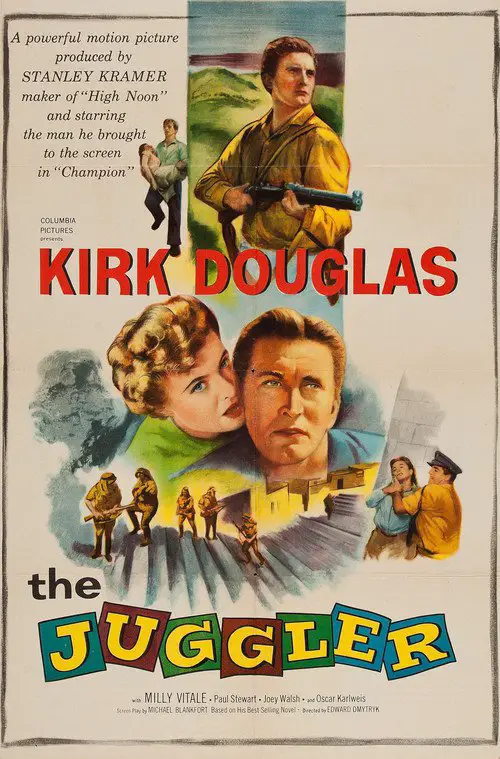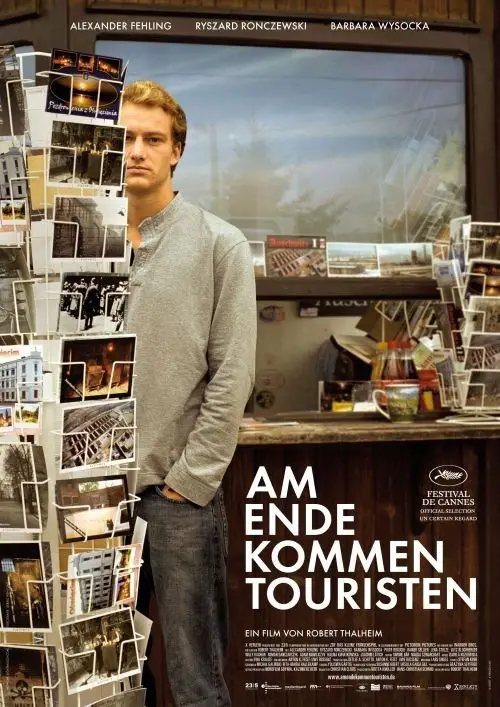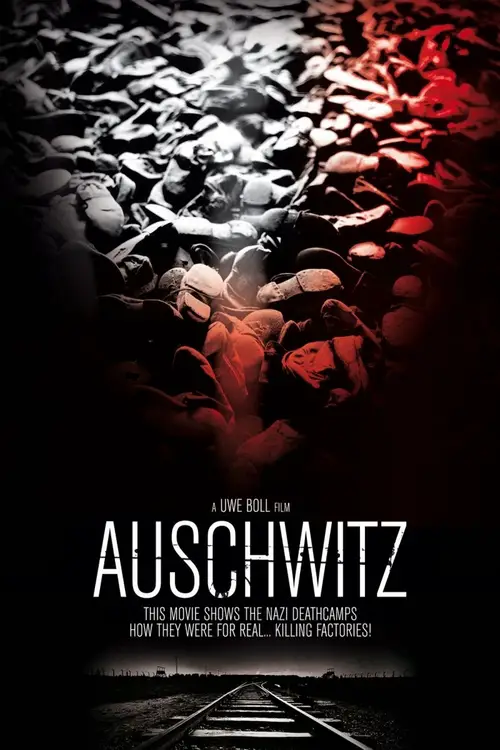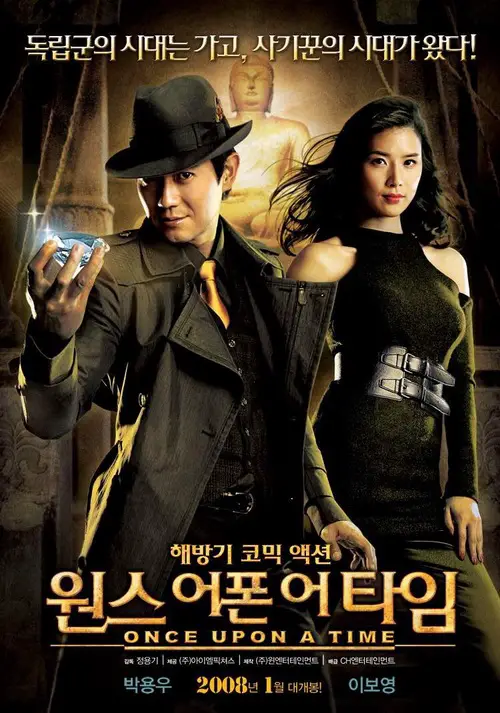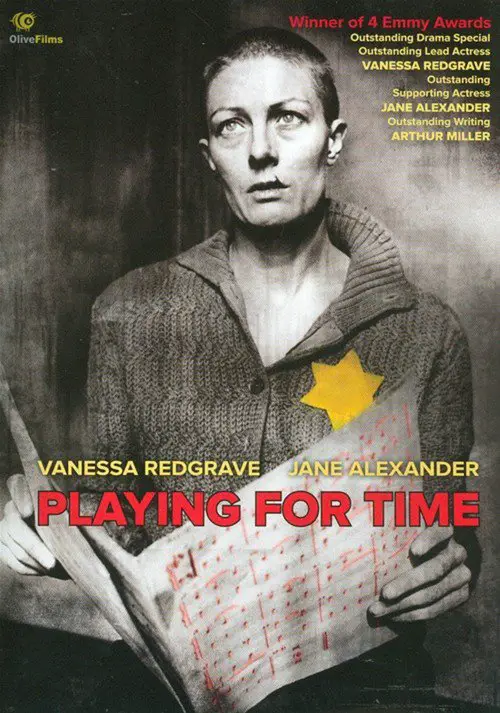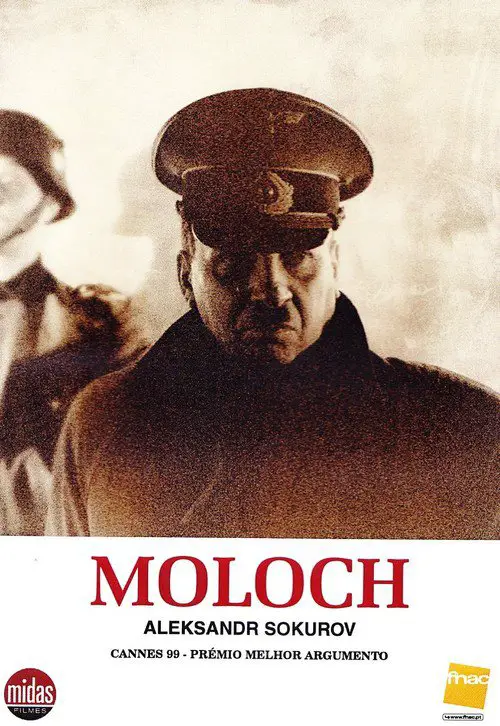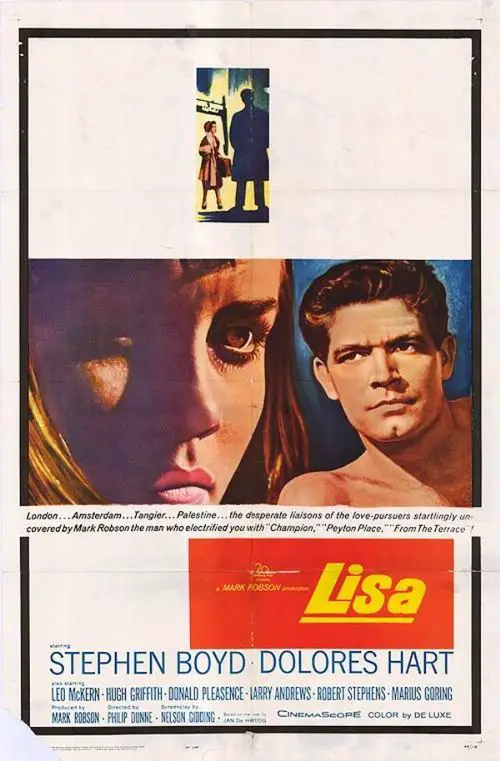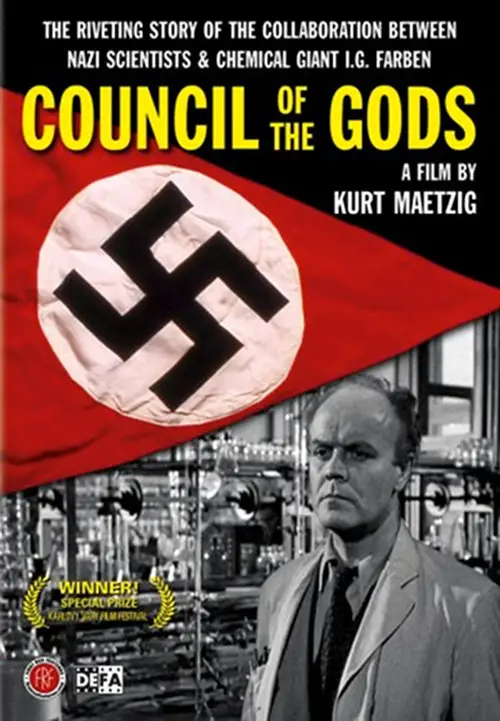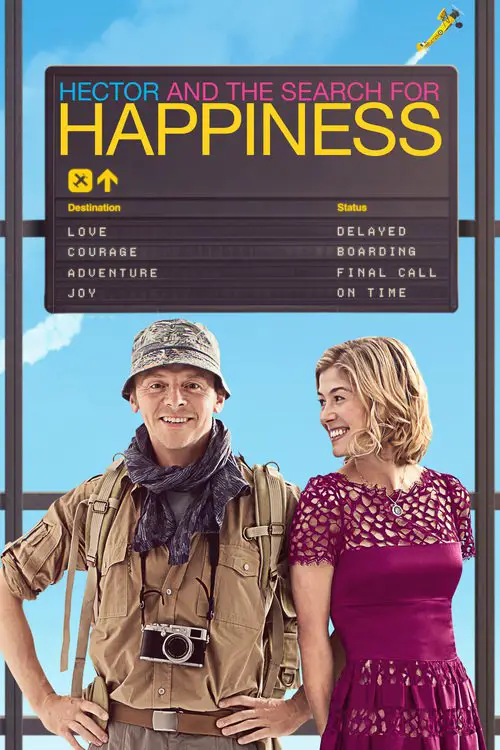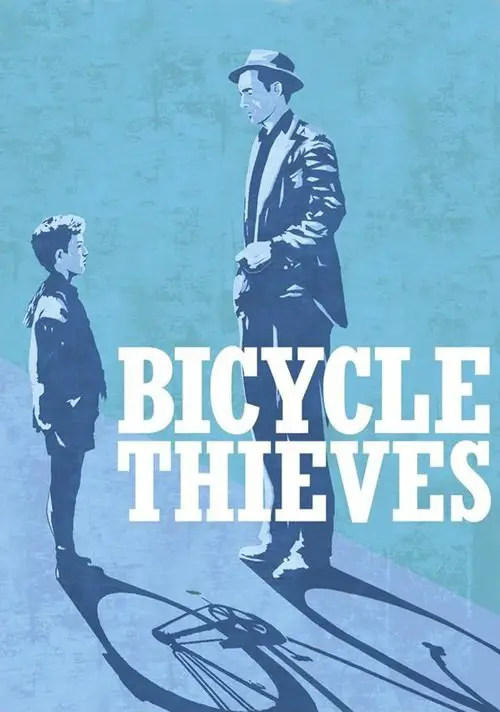The Search (1948)

Similar movies
Five Jewish Hungarians, now U.S. citizens, tell their stories: before March, 1944, when Nazis began to exterminate Hungarian Jews, months in concentration camps, and visiting childhood homes more than 50 years later. An historian, a Sonderkommando, a doctor who experimented on Auschwitz prisoners, and US soldiers who were part of the liberation in April, 1945.
This is the true story of Anne Frank, a Jewish girl living in Amsterdam during WW2. Anne's father realizes on time the danger the Jews face and hides his family (his wife Edith and his two daughters Margo (16) and Anne (13), along with four more people, in "the house behind". For two years the 8 people live in darkness and whispers, in fear of being discovered and sent to the German crematories. During that time young Anne writes a diary, describing her daily life in the cellar, her complicated relationship with her mother and the story of her first love - Peter, the young boy in the hiding place. Anne writes down her wishes to run out free and breath the air and flowers, her dreams to be free at last. But humanity is often a cruel mistress...
World War II has long provided fodder for European filmmakers and East German director Konrad Wolf is no exception. In this uneven though at times compelling drama, he examines the conflict involved in a forbidden love. While the war is in full swing, a young German solder is assigned to a unit in charge of deporting Jews to the death camps. He falls in love with one of the Jewish women being deported, an impossible situation which he knows has no easy solution, if any. Alternately philosophical and at the end, at least, quite powerful, this film may still be too downbeat for most general audiences.
An Hungarian youth comes of age at Buchenwald during World War II. György Köves is 14, the son of a merchant who's sent to a forced labor camp. After his father's departure, György gets a job at a brickyard; his bus is stopped and its Jewish occupants sent to camps. There, György find camaraderie, suffering, cruelty, illness, and death. He hears advice on preserving one's dignity and self-esteem. He discovers hatred. If he does survive and returns to Budapest, what will he find? What is natural; what is it to be a Jew? Sepia, black and white, and color alternate to shade the mood.
The last film of Andrzej Munk, who died in a crash during the filming. A German woman on a ship coming back to Europe notices a face of another woman which brings recollections from the past. She tells her husband that she has been an overseer in Auschwitz during the war, but she has actually saved a woman's life. Her vision is shown and then the actual events.
A veteran sergeant of the World War I leads a squad in World War II, always in the company of the survivor Pvt. Griff, the writer Pvt. Zab, the Sicilian Pvt. Vinci and Pvt. Johnson in Vichy French Africa, Sicily, D-Day at Omaha Beach, Belgium and France, ending in a concentration camp in Czechoslovakia where they face the true horror of war.
Based on the true story of the greatest treasure hunt in history, The Monuments Men is an action drama focusing on seven over-the-hill, out-of-shape museum directors, artists, architects, curators, and art historians who went to the front lines of WWII to rescue the worldâs artistic masterpieces from Nazi thieves and return them to their rightful owners. With the art hidden behind enemy lines, how could these guys hope to succeed?
In 1946, a soldier fathers a child then dies before its birth. Jump to 1952: on a train, the child and his mother meet a handsome soldier who makes a play for her. She accepts. Posing as a married family, the soldier finds them a rooming house where he becomes everyone's favorite through his good looks and generosity. Meanwhile he gives the boy, Sanya, lessons in life: to fight back, to win at all costs. The child's mother, Katya, is head-over-heels in love with Tolyan, the soldier, but the relationship becomes rocky when Tolyan's true plans for the rooming house become clear. It starts them on a treadmill of flight that risks Katya's life, Tolyan's liberty, and Sanya's trust.
Nazi POWs suspected of heinous acts are locked up in a Soviet women's prison run by vengeful female guards. To weed out the guilty, the innocent must pay. Can supposed enemies turn into great loves? Based on a true post-World War II story, this drama stars Thomas Kretschmann, John Malkovich and Vera Farmiga in a bitter game of cat and mouse and a battle between hate and humanity, mercy and revenge.
The year is 1945 and the "last of the Jews" are being "evacuated" from Berlin. They are locked in cattle cars with no food and little water. During the trip several of the characters are drawn out and vignettes of their lives are highlighted to restore some humanity to their animal existence aboard the train. The suffering and agony is palpable. Some parts can be watched in double speed as they are just just filler. If you exclude the final theatrical device thrown in at the end, the movie is worth watching for it's historical relevance.
Mr. Mermelstein (Leonard Nimoy) and Mrs. Mermelstein (Blythe Danner) a true-life California couple, thrown into the spotlight of judicial history in the 1980s. He is a Hungarian-born Jew, sole-survivor of his family's extermination at Auschwitz, and she is a Southern Baptist from Tennessee. Their four children are good kids, typical Americans, with just enough orneriness to irritate each other, but enough love and class to pull together when it counts. When challenged by a hate group to prove that Jews were actually gassed at Auschwitz, Mel Mermelstein rises to the occasion with the support of his wife and children, in spite of the dangers to himself, his business, and his family. William John Cox (Dabney Coleman) provides legal help (pro bono) as a lawyer, originally a Roman Catholic from Texas.
Beginning of WWII. Zinaida, a Russian woman, is taken prisoner by the Germans and sent to Auschwitz concentration camp together with several other women. She is imprisoned with her baby son, Gena, who is learning to walk and takes his first steps in the snow, in the concentration camp. They spend a few years together in the camp until they are separated, first within Auschwitz itself, then, for good, when the Germans are losing the war and decide to evacuate.
The theme is the founding of the state of Israel. The action begins on a ship filled with Jewish immigrants bound for Israel who are being off loaded on Cyprus. An Intelligence officer succeeds in getting them back on board their ship only to have the harbor blocked by the British with whom they must negotiate. The second part deals with declaring independence and the resulting warring.
After her Nazi parents are imprisoned, Lore leads her younger siblings across a war-torn Germany in 1945. Amidst the chaos, she encounters mysterious Jewish refugee Thomas, who shatters her fragile reality with hatred and desire. To live, she must trust someone she was taught to hate and face the darkness within herself.
Set against the brutal chaos of World War II, a love story begins that will take two lovers through a living nightmare of captivity, across three continents and two decades. From the steamy jungles of Malaya to the dusty and desolate outback of Australia Based on Nevil Shute' international bestselling novel A TOWN LIKE ALICE follows the lives of Jean Paget and Joe Harman. Meeting in Malaya--she an attractive young English captive and he a cheerful Australian POW tortured for a simple act of kindness. Separated first by their captors then by the distance of passing years, the two are finally reunited in the rugged outback of Australia-to face a challenge every bit as demanding as their wartime trials.
A series of stories about the lives and loves of nine men in a Prisoner of War Camp over five years. Location shooting in the British occupied part of Germany adds believability. The main story is of Hasek (Redgrave) a Czech soldier who needs to keep his identity a secret from the Nazis, to do this he poses as a dead English Officer and corresponds with the man's wife. Upon liberation they meet and decide to continue their lives together. The other inmates' stories are revealed episodically.
When the Germans march into Prague, armour-plating inventor Dr Bomasch flees to England. His daughter Anna escapes from arrest to join him, but the Gestapo manage to kidnap them both back to Berlin. As war looms, British secret service agent Gus Bennet follows disguised as a senior German army officer. His ploy -- not unpleasant one -- is pretending to woo Anna to the German cause.
Concentration camp commander Kraft finds out that prisoner Kominek is a former professional boxer. Overnight, the prisoner is made Kraft's exercise partner and unwillingly rises to a privileged position at the camp. His anger over the death of his friend and co-prisoner leads to open revolt. The film brings a new view of human degradation during fascism by a tragic story of one man whose only chance for survival is to accept the rules of an unequal game.
Naked Among Wolves (German: Nackt unter Wölfen) is a German drama film directed by Philipp Kadelbach in 2015. It is based on the novel of the same name by Bruno Apitz, which was published in 1958 by the East German Publishing house. It was created for television, it is the third film version of the literary text. The film takes place in the years 1944 and 1945 towards the end of World War II in the Buchenwald concentration camp.
A young German girl marries an Englishman and moves into his family's household during the last days of World War II. The family and community have conflicting feelings about her presence in the community, and as a result, the family is forced to face their own moral code as they deal with their own prejudices and fears about the seemingly innocent German girl. The war ends, and she finally seems to be accepted into the family and community when her Nazi brother shows up to create havoc.
To be defeated and not be - a victory. This is the motto that life is guided by three young friends: Alek, Sophy and Rudy. Scouts, high school graduates high school in Warsaw drifting ambitious plans for the future broken through September 1939. Entering adulthood in a very dramatic times, which puts them a choice - to survive at any cost, or to join the fighting for a free homeland, risking everything. The boys brought up in patriotic homes, shaped by the ideals of scouting, they decide to fight. They become soldiers, and although every scrape with death, they can live a full life.
On the night of 16 July 1942, ten year old Sarah and her parents are being arrested and transported to the Velodrome d'Hiver in Paris where thousands of other jews are being send to get deported. Sarah however managed to lock her little brother in a closed just before the police entered their appartment.Sixty years later, Julia Jarmond, an American journalist in Paris, gets the assignment to write an article about this raid, a black page in the history of France. She starts digging archives and through Sarah's file discovers a well kept secret about her own in-laws.
"Andremo in città " (We'll Go to the City) is a 1966 Italian drama film directed by Nelo Risi. It is based on the novel of the same name by Edith Bruck, Risi's wife. Bruck, a Hungarian concentration camp-survivor, settled in Italy after the Second World War and wrote about her experiences in autobiographical and fictional formats.[1] The film stars Geraldine Chaplin and Nino Castelnuovo.
During the Nazi occupation of Amsterdam, Otto Frank decides to hide his family, who are Jewish, after his daughter Margot is called to appear for transport to a Nazi labour camp. Miep Gies, Otto Frank's office assistant hides them in the attic above the office. The film tells the true story of Gies' struggle to keep the family hidden and safe, as the Nazis turn Amsterdam upside-down. Based upon Gies' memoirs and Anne Frank's famous diary.
Itâs inspiring true story about two thirteen-year-old girls who were, on the eve of World War II, great dancing and acting stars in Zagreb. Selling out theatre venues, they were praised in the most superb headlines by the Croatian and European press. They were filmed by Parisian Pathe and Berlinâs UFAâ¦
During the Nazi persecution of Jews and the later German nationalsâ flight from communists, a dramatic friendship was born through entertainment, dance, but also anxiety. This led towards an unexpected end.
Based on the story about Guy Gabaldon, a Los Angeles Hispanic boy raised in the 1930s by a Japanese-American foster family. After Pearl Harbor, his foster family is interned at the Manzanar camp for Japanese Americans, while he enlists in the Marines, where his ability to speak Japanese becomes a vital asset. During the Battle of Saipan, he convinces 800 Japanese to surrender after their general commits suicide.
Sven arrives in nowadays Auschwitz to do his civil service at the memorial. He encounters unfriendliness, especially by Stanislaw Krzeminski, the 85 year old KZ-survivor, and Krzysztof Lanuszewski, brother of his early love affair Ania. Even his boss Herold, the places manager, does little to help Sven familiarize. But when problems accumulate Sven realises that he already has become involved.
Tells the story of Michael Berg, a German lawyer who as a teenager in the late 1950s had an affair with an older woman, Hanna, who then disappeared only to resurface years later as one of the defendants in a war crimes trial stemming from her actions as a concentration camp guard late in the war. He alone realizes that Hanna is illiterate and may be concealing that at the expense of her freedom.
1953, the Korean war has ended, but the fight for survival has just begun. Two 18 year old boys, Tae-ho and Jong-du, live in a camp for orphaned boys, which is more of a concentration camp where everyone suffers from hunger, inhumane treatment and unbearable work conditions. But these two have a dream of a better tomorrow. Tae-ho is the one with wits and brains and Jong-du is the tough street fighter. Together they scheme to steal US Army supplies and recruit other boys to grow their business. But when they start to take business away from the local gangsters, their fight fur survival turns into a warâ¦
When Jewish songstress Fania Fénelon (Vanessa Redgrave) is plucked from the stage and sent to Auschwitz, she and other musicians find themselves assigned to a terrible task: using their talents to soothe fellow prisoners who are sentenced to die in the gas chambers. Daniel Mann directs this Emmy-winning television movie based on Fénelon's autobiography; famed playwright Arthur Miller penned the script.
Moloch (Russian: ÐолоÑ
) is a 1999 Russian biographical drama film directed by Alexander Sokurov. The storyline was conceived from a screenplay written by Yuri Arabov and Marina Koreneva. It portrays Adolf Hitler as a humanistic figure, living life in an unassuming manner during an abrupt journey to the Bavarian Alps. The film stars actors Leonid Mozgovoy, Yelena Rufanova, Vladimir Bogdanov, and Leonid Sokol in principal roles. Moloch explores companionship, intimacy and dictatorship.[1] (Wikipedia)
When the end came for World War II, many Jews were spread around the free world and desired to return to Palestine. Lisa Held has been promised to be returned to her native land. Inspector Peter Jongman of the Dutch secret police compassionately makes the arrangements for her to be smuggled into her home land. Written by Richard Jones rjo339@swbell.net
Berlin 1943/44 ("The Battle of Berlin"). Felice, an intelligent and courageous Jewish woman who lives under a false name, belongs to an underground organization. Lilly, a devoted mother of four, though an occasional unfaithful wife, is desperate for love. An unusual and passionate love between them blossoms despite the danger of persecution and nightly bombing raids. The Gestapo is on Felice's trail. Her friends flee, she decides to sit out the war with Lilly. One hot day in August 1944, the Gestapo is waiting in Lilly's flat...
Based on testimony from the Nuremberg Trials, this East German drama explores the collusion between international corporations and Nazi scientists. Considering himself politically neutral, a chemist remains silent when his company creates the gas that kills millions of prisoners in concentration camps. This vintage film was used as propaganda for the new German Democratic Republic.
Hector is a quirky psychiatrist who has become increasingly tired of his humdrum life. As he tells his girlfriend, Clara, he feels like a fraud: he hasnât really tasted life, and yet heâs offering advice to patients who are just not getting any happier. So Hector decides to break out of his deluded and routine driven life. Armed with buckets of courage and child-like curiosity, he embarks on a global quest in hopes of uncovering the elusive secret formula for true happiness. And so begins a larger than life adventure with riotously funny results.
Antonio, an unemployed man in the depressed post-WWII economy of Italy, at last finds a good job hanging up posters, the only requirement for which is that he must have his own bicycle. When Antonio's bicycle is stolen, he and his son are forced to walk the streets of Rome in search of it, or else face ruin.
© Valossa 2015–2026
| Privacy Policy

